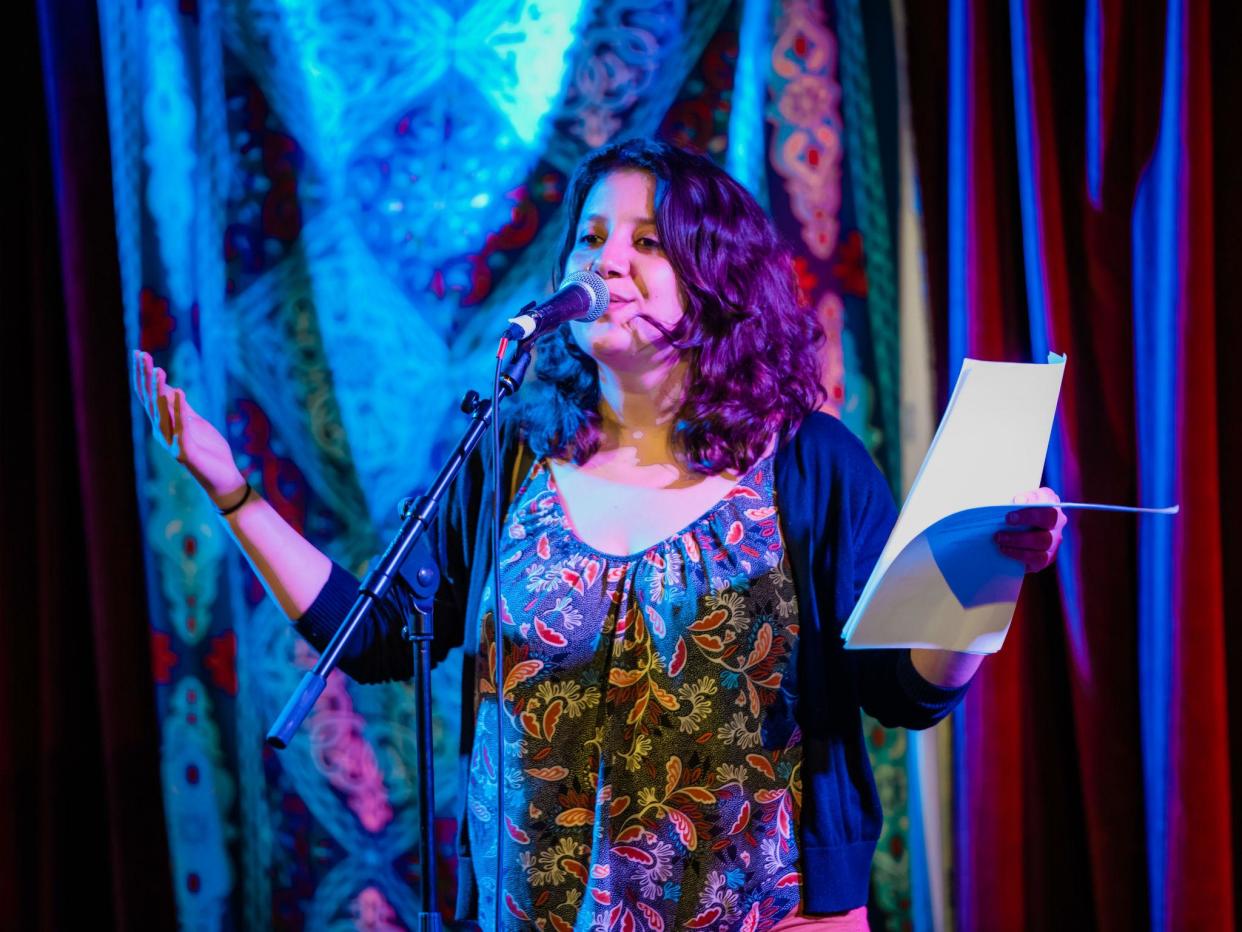Edinburgh Festival, review, Chill Habibi: A great evening's entertainment

One of the headline-hitting shows of this year’s Edinburgh Fringe, there are good and bad aspects to the attention Chill Habibi and the wider Arab Arts Focus programme has received this year. Reports of visiting artists from the Middle East being turned down for visas have been regular occurrences in the media, and – while these may draw attention to both the shows and the situation for people entering the UK from certain countries, in a year when borders and migration are powerful themes in Edinburgh – it’s been a real headache for all concerned.
Organised by Egyptian-Scots playwright Sarah Shaarawi and poet and editor (and “token white guy”) Henry Bell, Chill Habibi is sold as a fusion of “Scottish variety and Egyptian cabaret”, a 90-minute late-night session of cross-genre arts for only £5; an egalitarian bargain price by the standards of today’s Fringe. There has already been one money-can’t-buy experience this month, with Emma Thompson making a last-minute guest appearance to read out some of the collected visa denial letters from the Home Office. Josie Long and others have also been on the bill, although cancellations meant that the bill we saw was gathered together at the last minute.
It was still a great evening’s entertainment, however, and more importantly, one which offered a different cultural perspective on entertainment without resorting to self-conscious appropriation from a Brit perspective. Shaarawi, presenting, offers an Egyptian outlook and a Glasgow (where she has lived for the last six years) sense of humour as she rolls her eyes at the terms “authentic” and “ethnic”. “I’ve been in the Daily Mail and they didn’t even call me a terrorist!” she smiles, and then reads a section of her play Niqabi Ninja, which speaks heartstoppingly of being a woman in her homeland and fending off unwanted sexual attention from puberty.
It was the one element of darkness in a show which was otherwise bright and convivial. The Glasgow-based Moroccan musician Omar Afif and his band played two sets, a rhythmic, dancefloor-friendly intro accompanied by two energetic dancers Shaarawi had met in the corridor (”Arabs... we need Arabs!” she had told herself earlier, on a mission), and a lengthy final set with hints of a Scottish folk influence and a crowd of dancers on the floor. There was also a short piece from Moldovan physical performance artist Ruxy Cantir on the practice of “funeral keening”; being hired to wail and mourn at funerals, a fascinating insight for cosseted Fringegoers in search of eye-opening experiences.


